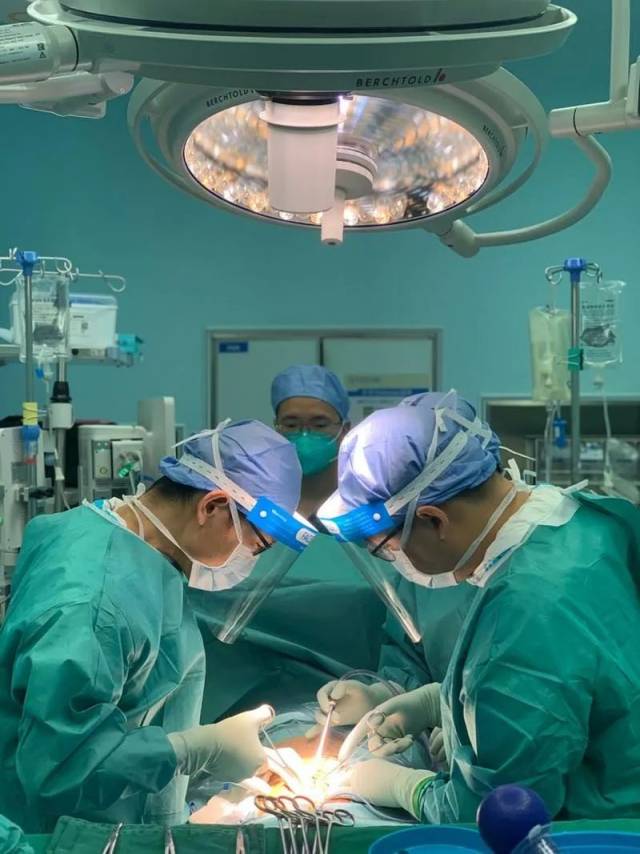Recently, the Third People's Hospital of Shenzhen together with the National Clinical Research Center for Infectious Diseases in Shenzhen successfully performed a kidney transplant for a 51-year-old male patient with a decade of HIV infection history and two years of hemodialysis. This surgery is the first kidney transplant for AIDS patients in Guangdong, which has been a no-go field for a long time.

(Photo: Health Commission of Guangdong Province)
The male patient, under the alias Tian, has been a confirmed case of HIV disease for 10 years and he underwent regular treatments during that period in Kunming, Yunnan Province.
In 2018, he was found to have elevated creatinine (one of the common indicators of kidney malfunction) and took traditional Chinese medicine at that time. In July 2019, he started hemodialysis treatment due to worsening condition. Planning to have a kidney transplant, he moved to the Kidney Transplant Department of the Third People’s Hospital of Shenzhen in 2021.
After several months of treatment, Mr. Tian's condition has gradually improved and his HIV RNA turned negative. A negative RNA means that the patient is HIV-uninfected, successfully recovered or that the patient can restrict the replication of the virus by himself.
In August this year, Mr. Tian received a matched kidney source. Currently, he is recovering well and still hospitalized in the Kidney Transplantation Department.
Organ transplants for AIDS patients once considered to be inadvisable
Mr. Tian's surgery was the first kidney transplant for AID patients in Guangdong Province. Yuan Xiaopeng, the director of the Kidney Transplantation Department, said that the surgery has little difference from normal ones, except that the patient has mild liver cirrhosis with weaker coagulation function, so the medical staff need to take stricter safeguard measures.
For a long time, however, no one has ever performed this kind of surgery. "In the past, it was widely believed in the medical community that anti-rejection drugs after kidney transplantation would make the patient's HIV infection uncontrollable, and therefore HIV-positive patients are usually not allowed to have organ transplants. But with the development of HIV drugs, it is apparent that HIV infection can still be well controlled even with the application of anti-rejection drugs.
Moreover, those hospitals which need to operate kidney transplantation for HIV patients should be experienced in both kidney transplants and treating HIV infection.
According to Yuan Xiaopeng, with the help of the National Clinical Research Center for Infectious Diseases, the Kidney Transplantation Department of the Third People’s Hospital of Shenzhen will continue to take responsibility in the treatment of patients with infectious diseases and provide them with better medical services.
Author | Nancy (intern)
Editor | Monica & Jerry




